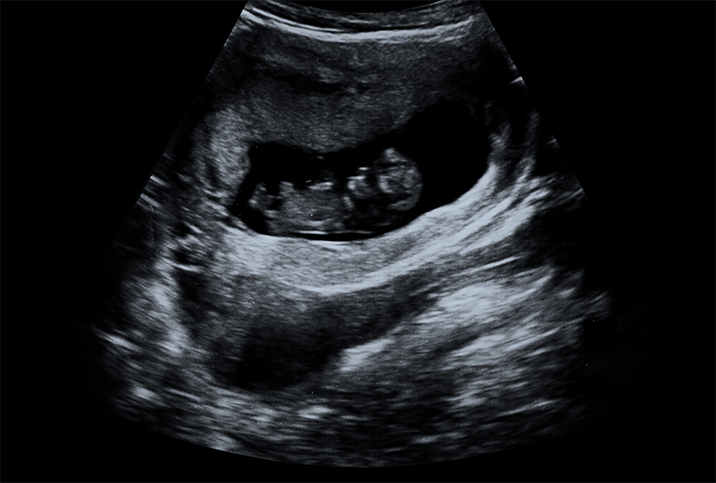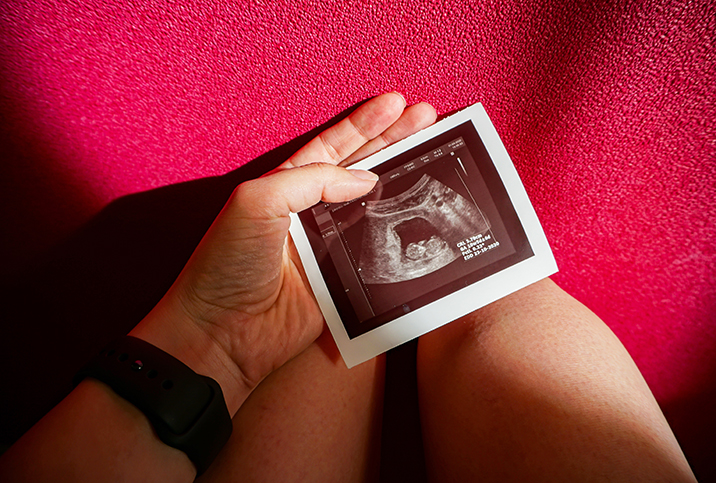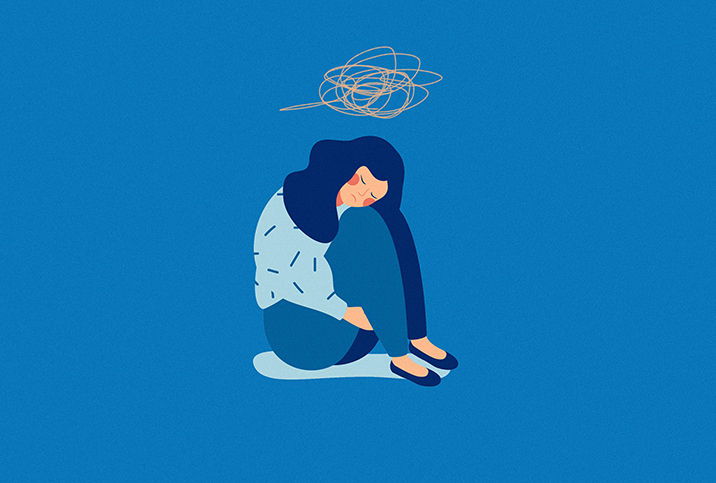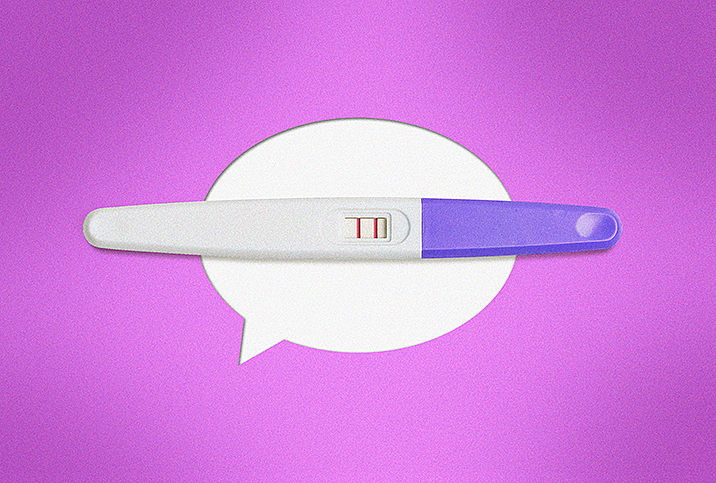Normalizing the Post-Miscarriage Body

The process of healing after pregnancy loss isn't a straight path toward acceptance and is often met with ups and downs. Some women struggle with guilt, shame, fear and grief. Others try to reconcile feelings of betrayal or failure—as if their own body has let them down.
"After my first miscarriage, I felt betrayed and overwhelmed that my body failed at its most important function—procreation," said Renee Bergmen, functional health practitioner and pregnancy loss survivor. "I longed to have children, and when I experienced that first loss, my brain broke in many ways."
Physical and psychological healing isn't always connected
Physical healing after pregnancy loss is unique to each woman's experience and depends on what stage of pregnancy was reached and how her body responds.
Most pregnancy losses occur before 10 weeks, with little physical healing necessary, depending on the circumstances. Some miscarriages are more physically complex. For pregnancies that have reached the second trimester, miscarriage may involve several days of bleeding and cramping.
Miscarriage occurs in 10 percent to 25 percent of pregnancies, but even if early pregnancy loss is virtually undetectable in appearance, returning to a normal physical state is not always matched with the psychological healing process. The lack of tangible evidence doesn't reveal some women's internal struggle, especially if they wish to get pregnant again.
"I felt so scared to try again. Flash-forward to a second pregnancy marked and clouded with more fear than excitement because of the loss of my first pregnancy," said Bergmen. "Again, I felt betrayed. I felt like I couldn't let my mind and heart grow in excitement because all I could think of was, I didn't know that this was secure."
Miscarriage can lead to body image struggles
When pregnancy loss occurs further along, the physical and hormonal changes can take longer to heal, serving as a harrowing reminder of what was to be. "Women who miscarry, especially in the second or third trimester, may experience body image issues because they continue to look and feel pregnant following the loss," explained Karen Balumbu-Bennett, LCSW.
For Bergmen, the physical changes made returning to a normal routine excruciating: "I hated going places because I looked early-pregnant for quite a while. I didn't really even care to try to lose the weight because I was just so overwhelmed with sadness...The body image piece was so pervasive, I have had to work through that in counseling for a long time. My body had betrayed me."
Physical healing after pregnancy loss is unique to each woman's experience and depends on what stage of pregnancy was reached and how her body responds.
This experience is far from uncommon. Mary Tate, LCSW, sees this in her practice often. "The way a woman's body changes throughout pregnancy provides signs of motherhood that is to come. Your belly grows, your milk ducts swell, and the uterus rises," she explained. "However, when that pregnancy is lost, our body does not necessarily catch up. The body that was shifting into its maternal state is halted and almost frozen in a time of immense grief."
What was once a source of joy and excitement, the physical signs of pregnancy can turn into difficult reminders. "The bodily changes that a woman experiences while pregnant are often accepted and celebrated," said Balumbu-Bennett. "However, these same changes can be the cause of emotional pain and a continuous reminder of the baby that never came home."
Normalizing all bodies can help
There are many expectations placed on women's bodies, including those post-pregnancy or pregnancy loss. "Women need support to accept their bodies in all phases of their life, especially when they may feel more vulnerable around ideas that their body has 'failed them,'" Tate said.
Normalizing all bodies without judgment or expectations would help women who've experienced pregnancy loss, and all postpartum mothers, feel more at home in their skin.
"The 'snap-back' notion doesn't help. There is a large amount of pressure on women to lose weight and return to their pre-pregnancy bodies quickly," said Balumbu-Bennett. "Women who miscarry tend to feel that same pressure—perhaps tenfold. However, it is completely normal to continue to look pregnant following a miscarriage. Women have to allow their bodies the time needed to naturally return to their pre-pregnancy state."
For Bergmen, who, after four miscarriages, gave birth to a baby girl in 2013, her journey helped spur personal growth and find her purpose. "I can look at my daughter and be forever grateful for the resiliency my body had even though it went through hell and back," she said. "Without my story, I wouldn't be able to truly walk alongside women who are hurting and feel unseen after miscarriage or stillbirth.
"I love my body now in ways I never thought possible," Bergman continued. "I see it as good and created for changing this world in and through the pain it has endured. I see it as a miracle now, scars and loss and all."


















